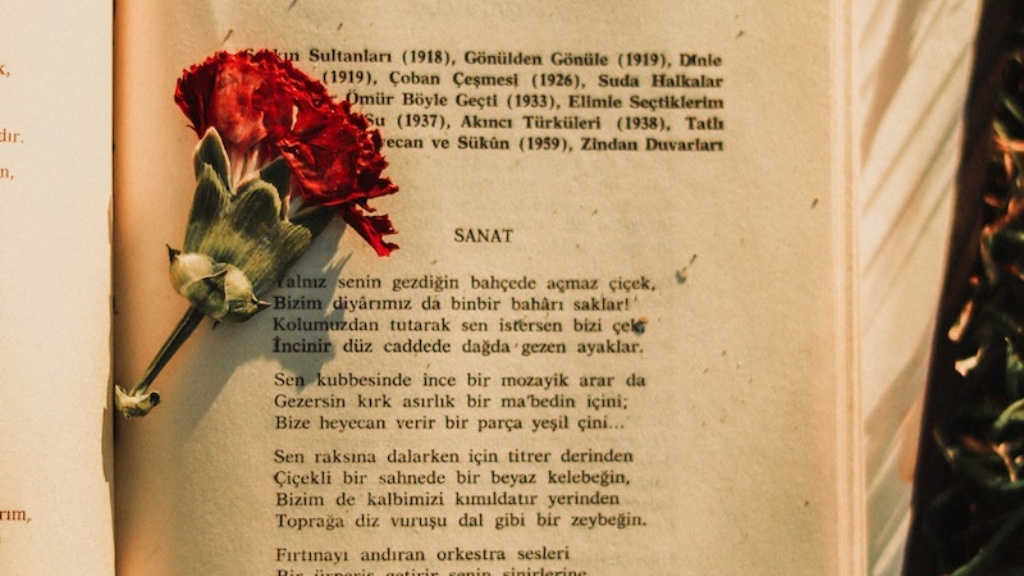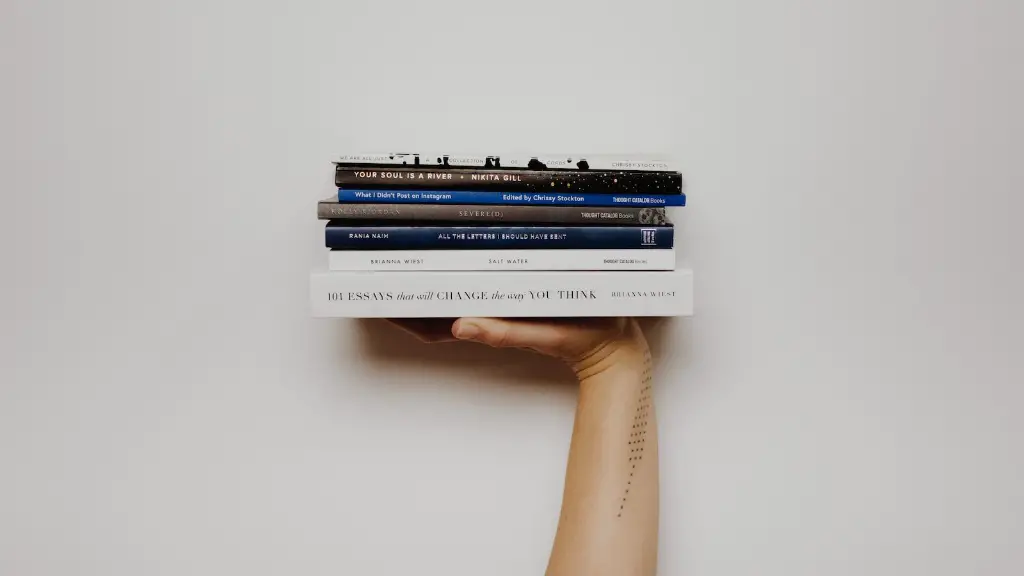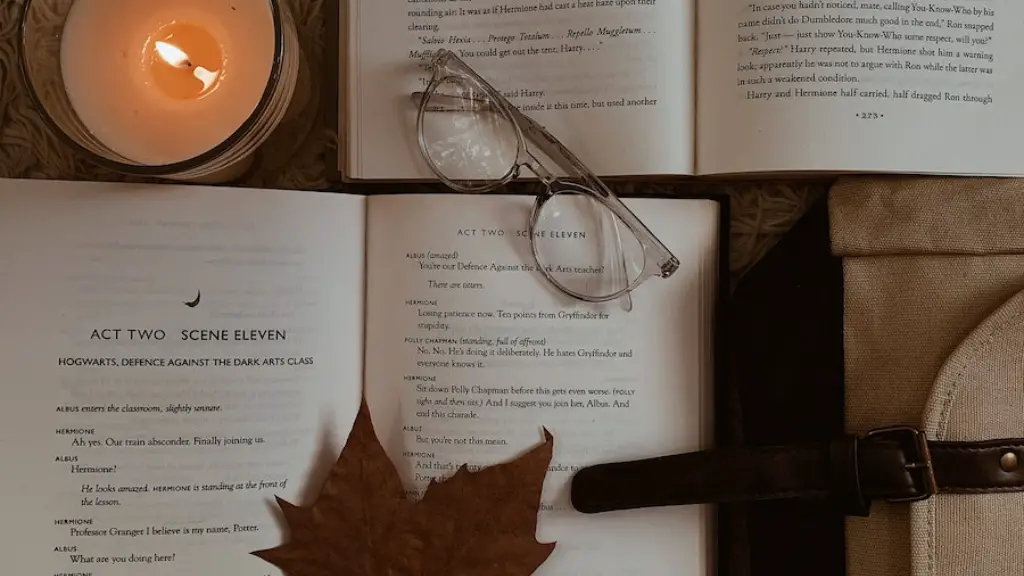Why Do People Hate Poetry
Although poetry has been around for hundreds of years and is known for its beauty and evocative language, some people harbor a deep disdain for it. To truly understand why people hate poetry, we must first explore its history.
History of Poetry
The origins of poetry can be traced back to Ancient Greece, when it was used as a form of communication, storytelling and a way of expressing emotion. Poetry has since evolved into a range of forms, such as sonnets, haikus and lyrical ballads, which are all popular today. It has also been used as a powerful tool to express emotions, comment on society and critique power and authority.
Reasons for Hatred
Though poetry is a form of artistic expression, and one of the most highly respected literary genres, not everyone appreciates it in the same way. People might hate a poem because they don’t understand it, because they find it archaic or difficult to interpret, or simply because they don’t like the ideas and themes presented in the poem. People might also have been subjected to poetry in a negative environment during their school years, which could have fostered a prejudice that carries through to this day. This could be why poetry is sometimes associated with boredom and bad memories.
Fear of Interpretation
Another possibility for the hatred of poetry is the fear of having to interpret it. Poetry is often highly subjective, and requires readers to analyze the symbolism, metaphors and themes that are used to express deeper meaning. This level of interpretation can be off-putting to some people, as it demands more cognitive effort to understand the poemr’s message.
Why Poetry Matters
Despite those who don’t like poetry, it is still an important art form that contains deep meaning and emotion. Poetry has the power to captivate an audience and evoke feelings of nostalgia or understanding. It has also been used as a platform to express criticism and make powerful political statements. As such, it is important to remember its purpose and value, and recognize it for the important art form it is.
Not Appreciating the Art
It is possible for some to find difficulty in appreciating the thematic and emotional value of a poem. This could be attributed to an individual’s lack of knowledge or experience when it comes to poetry. Even if someone is an avid reader, they might still not be interested in understanding a poem and its context.
What it Takes to Enjoy Poetry
To enjoy poetry, one must be ready to accept the challenge of interpreting and deciphering a poem’s deeper meaning. Being open-minded and familiar with poetic techniques can also help someone appreciate its artistic value. Understanding the context of each poem is also essential for experiencing the emotions that the poem conveys.
Expert Opinion
In an interview with The Guardian, British poet Simon Armitage said, “It’s a huge mistake to think that poetry is remote and separate from the lives most people lead. Poetry is fundamentally descriptive… Poetry isn’t ‘for’ some special or privileged class. Poetry is ‘for’ everyone.” He believes that the most important part of understanding and appreciating poetry is seeing it as something that can be accessible to everyone, providing they are willing to understand the deeper meaning of a poem and the emotion it evokes.
Motivation to Overcome Prejudices
Given its long history, poetry will not soon disappear. It continues to move and inspire audiences, and its relevance and importance should not be underestimated. Moving past the biases created by experiences during school are essential for fully appreciating poetry and its unique ability to express emotion, provide comfort and build understanding.
Misconceptions About Poetry
Regarding beliefs about poetry, the majority of those who hate it are likely turned off by the idea that it is “difficult” or “macabre.” In reality, these ideas are completely misguided, as poetry can be both intense and lighthearted. Additionally, not all poetry needs to be “decoded” for it to be understood. The language of poetry may be different than the language of prose, but many people find the precise language of poetry to be comforting and easy to grasp. As such, people who think they cannot comprehend poetry without prior education may be pleasantly surprised at how quickly they can come to the same understanding as a seasoned poet.
Emotional Appeals
In more extreme cases, people could be apathetic towards poetry because of what’s known as cognitive dissonance. This phenomenon occurs when one holds two or more contradictory beliefs, causing them to actively avoid poems to prevent the discomfort that comes with conflicting ideas or feelings. In such cases, it is important to reach out to the person and use emotional appeals to help them change their attitudes towards poetry.
Technicalities of Language
It has been argued that an individual’s hatred of poetry could also be attributed to an inability to comprehend the technicalities of the language of poetry. Some people feel that poetry is abstract and overly elaborate, making it difficult to understand. While this is true to an extent, those who put in the effort to understand poetic artistry are often rewarded with an increased level of appreciation for this traditional form of expression.
Variety of Experiences
Finally, it is important to recognize that everyone has their own subjective interpretation and preference for poetry, based on their own unique experiences and understanding. It is possible for some to share a strong bond with the medium, while others are completely disconnected from the beauty of its words. Whether one loves or hates poetry, it is undeniable that poems have the ability to evoke deep emotion.



